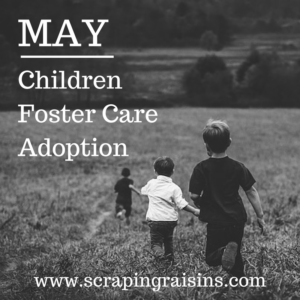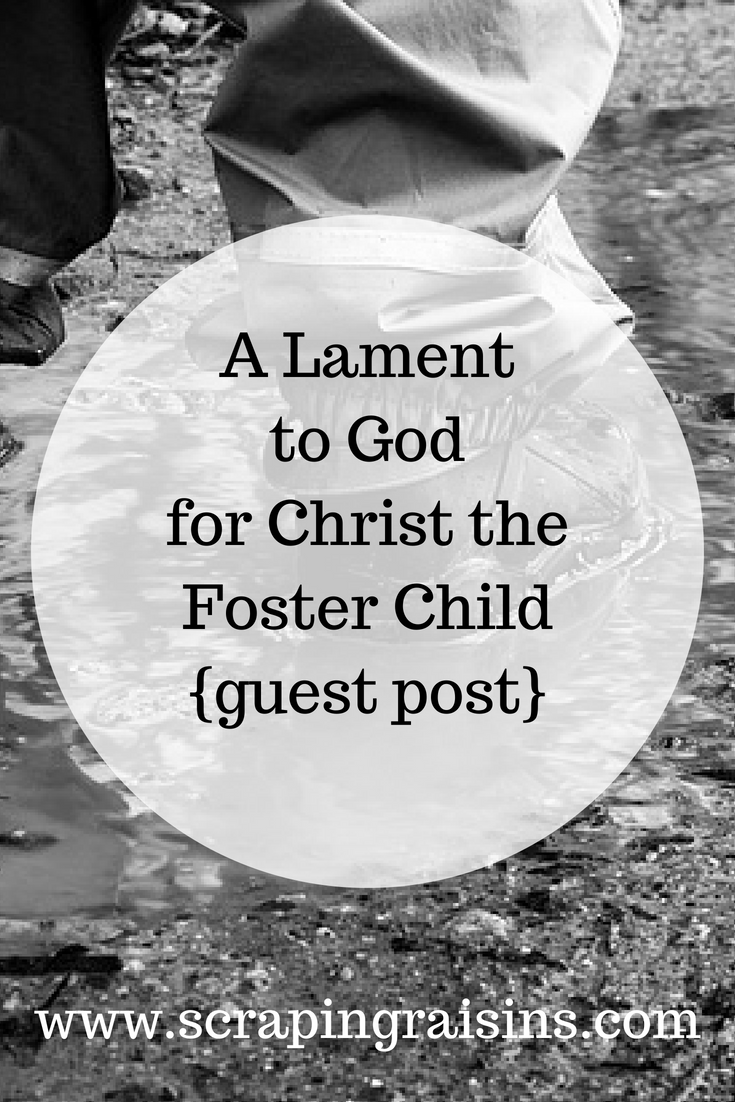
By Gena Thomas | Twitter: @genaLthomas
A few months ago, lament was heavy on my mind as I was hearing the news about DACA recipients. I didn’t know how to express my lament, so I opened up an amazing book by Soong-Chan Rah about lament and found the tool I didn’t know I needed: the acrostic. Then, stretching in a way I didn’t realize I needed to, I began to pen A Lament to God for Christ the Immigrant, with help and direction from the brilliant Juliet Liu.
Today marks a culmination of decisions that have me, once again, feeling the heaviness of lament. So once again, I have turned to the acrostic. And once again, I must thank Prof. Rah for this tool in the midst of weighted pain.
I lament:
for the Adulting you had to do at such a young age.
for the Bonds that must get prematurely cut.
for the Control you should have over your life but you don’t.
for the Decisions made without your input.
for the Environment you had to grow up in.
for the ‘Foster’ put before your name, and the prejudice that will come from it.
for the Grotesque scenes you’ve witnessed.
for the Heaviness you carry with you.
for the Isolation you constantly feel.
for the Juxtaposing you do daily between your life and everyone else’s.
for the Knowledge that has come to you out of its proper order.
for the Lying you’ve learned to mimic.
for the Mountains others will call mole hills.
for the Notes home from teachers that wouldn’t be there if …
for the Opportunities that never were.
for the Pains of growing up that will be deeper than most kids your age.
for the Questions that may never be answered.
for the Rights that may terminate or may not terminate.
for the Songs of childhood you never learned to sing.
for the Tension you may always hold between your past and your future.
for the Unwillingness for most people to understand you.
for the Visions of horror and the visions of home you hold in your minds eye.
for the Ways the people of God have not been intentional about loving you.
for the X-rays that show & don’t show the abuse.
for the Youth that was stolen and will never fully return.
for the Zeniths of times with blood family that may all be in the past.
For this I pray. For this I lament.
For the ways in which I have been selfish in my love for you, I lament, I repent.
Christ have mercy.
About Gena:
 Gena Thomas served as a missionary in northern Mexico for over four years with her husband, Andrew. While there, the couple founded and managed El Buho, a coffee shop ministry that still serves the town of Hidalgo. Gena holds a masters in International Development. Purchase her book, A Smoldering Wick here and/or visit her at her blog or on Twitter.
Gena Thomas served as a missionary in northern Mexico for over four years with her husband, Andrew. While there, the couple founded and managed El Buho, a coffee shop ministry that still serves the town of Hidalgo. Gena holds a masters in International Development. Purchase her book, A Smoldering Wick here and/or visit her at her blog or on Twitter.
This post originally appeared at www.genathomas.com and is used with permission by the author.
***

This month on Scraping Raisins, we’re talking about adoption, foster care and children. If you’re interested in guest posting about this theme, shoot me an email at scrapingraisins (dot) gmail (dot) com. The theme for June is “Create,” so you can also be thinking ahead for that. Be sure to check back or follow me on social media so you don’t miss the fabulous guest posters I have lined up this month!
Sign up for the Mid-month Digest and Secret Newsletter Here:
*This post includes Amazon affiliate links.



